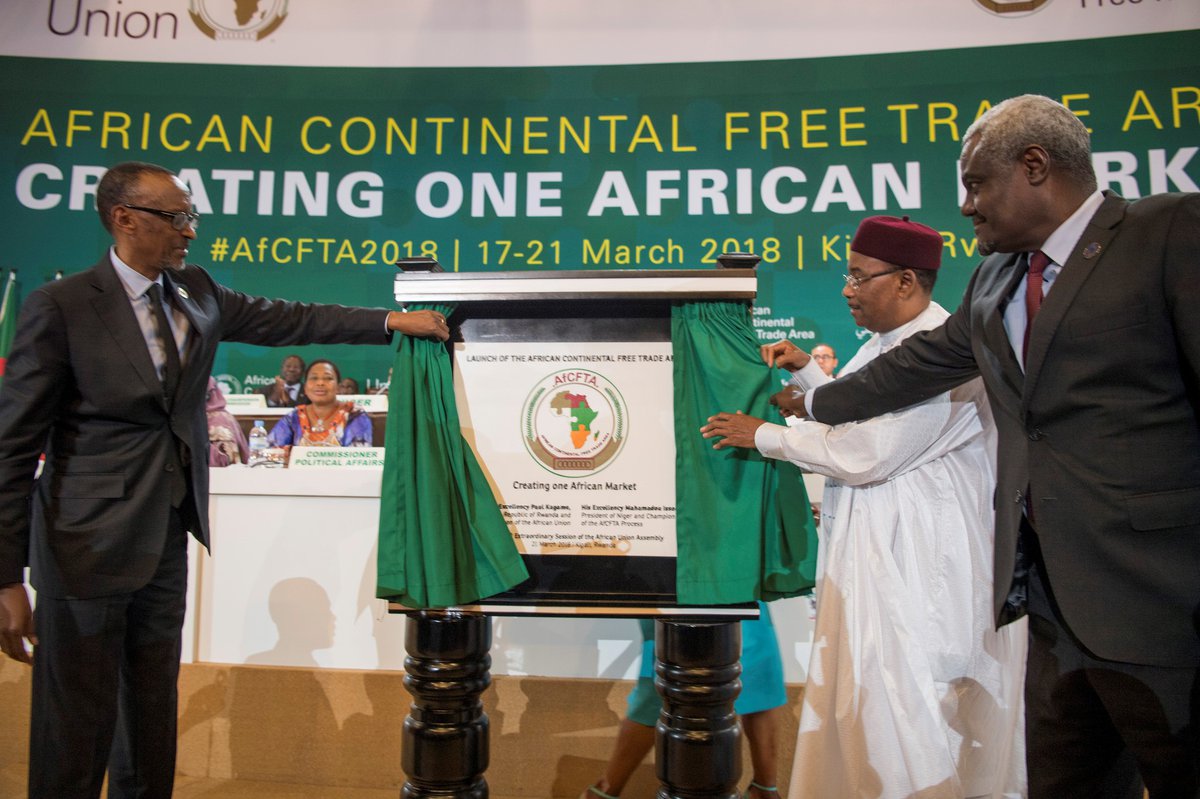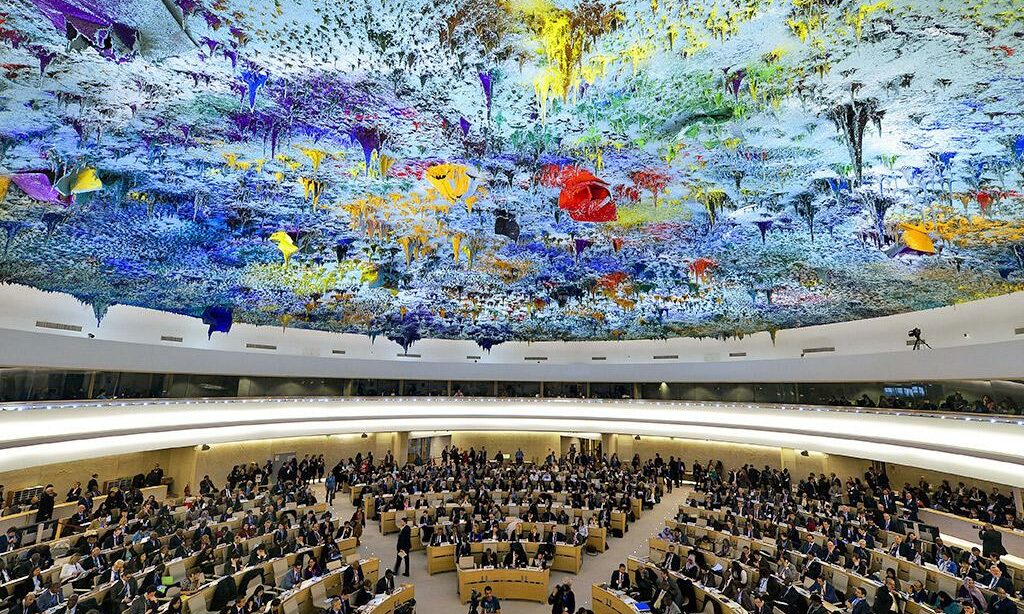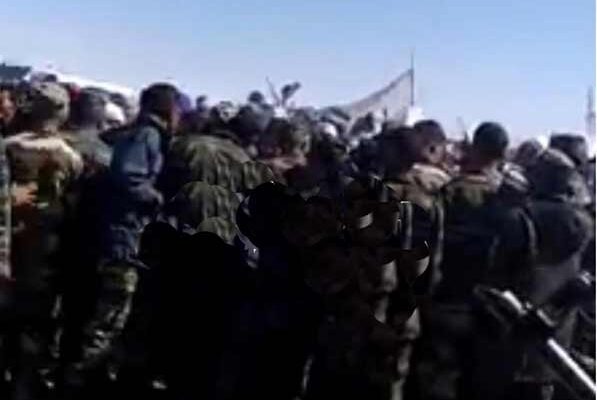Pundits have been warning that terror groups in Africa have found a breeding ground for recruiting militants in the huge refugee camps scattered around the continent, including the Polisario-controlled camps in Tindouf in Algeria, with plans to stage attacks on Europe.
“Islamists have a strong presence in Africa and recruit in huge refugee camps. And they use conflicts for their Internet propaganda, which reaches as far as Bavaria,” wrote lately Sabina Wolf and Joseph Röhmel in an analysis published by German media group ARD, noting that “terrorist groups such as IS and al-Qaeda have an easy time in these camps,” and citing as an example the huge refugee camps in Algeria.
The same warning was expressed by Hans-Jakob Schindler, senior director of the international non-profit organization Counter Extremism Project, which monitors and evaluates the propaganda of Islamist terrorist groups in Africa.
Schindler argues that as these groups grow more strengthened, they will end up not focusing exclusively on gaining control over areas in the region, “but they are all still part of this global strategy, which means attacks on the West are a priority.”
Many associate IS primarily with countries like Syria or Iraq, but experts like Schindler say that Africa is increasingly becoming a hotspot for Islamist terrorism with groups such as the “Islamic State in the Greater Sahara” (ISGS), “al-Shabab” in Somalia or “Boko Haram” in Nigeria, and that attacks could be called for from there: “It’s still possible to instrumentalize people in Europe from the conflict regions, radicalize them and then possibly even motivate them to carry out attacks.”
The co-authors of the analysis, Sabrina Wolf and Joseph Röhmel, also explained how these terrorists use online networks to promote Jihad and glorify martyrdom and gain the support of thousands.
They mentioned in this connection the case of a 38-year-old who was condemned in late May by the National Court of Justice in Madrid to a two-year prison sentence plus five years’ probation – for “radicalization,” among other charges.
This individual, whose real name is Monni Ahmed Merhaba, has repeatedly shared videos on social networks under the pseudonym Ismail, using images from North African refugee camps for his propaganda. Ismail is stateless and part of the nomadic Sahrawi people, the authors stated, adding that an online network was created around Ismail, which also deals with the fight of the so-called Islamic State (IS) in Africa.
Spanish investigators had revealed the close links of Ismaïl, who was close to Abu Walid, the former leader of the IS and member of the “polisario”, with other IS supporters and unveiled a network of dozens of “polisario” members in the Tindouf camps, who played a role in the Islamic State’s activities in the Sahara and Sahel.
Investigations had also revealed, from the Facebook account of Ismaïl and his many friends, strong support for the “polisario”, which controls the Tindouf camps, increasingly infested by extremist jihadist ideology.
Traces of the exchange of information between IS supporters lead to Syria, Spain and the Tindouf Sahrawi refugee camps in Algeria, revealed an organization of former intelligence officers, which evaluates online traces for authorities in the European Union in the field of counterterrorism. The organization explained that most of the Facebook accounts are not public. “Communication there is very limited. This indicates that they only use their Facebook accounts to connect with each other. Then they switch to the messenger service Telegram or other means of communication.”
As to the way to stop the unfurling Islamist wave in Africa, experts like Schindler see fighting poverty on the ground as a key to curbing the influence of IS and other terror groups. “Wherever governments are weak, where there is economic hardship, where there is inequality, that is of course a recruitment potential for terrorist groups,” says the senior director of the Counter Extremism Project.



